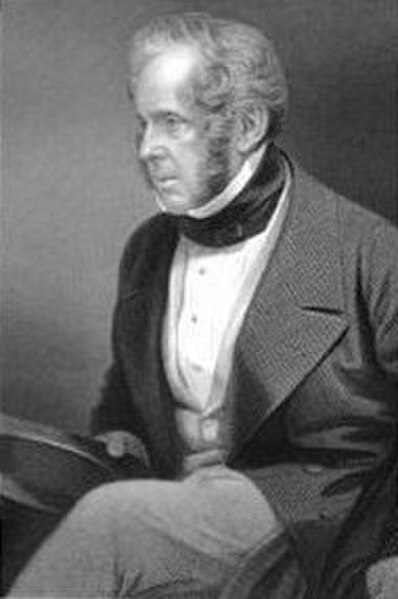The Trent Affair was a diplomatic incident in 1861 during the American Civil War that threatened a war between the United States and Great Britain. The U.S. Navy captured two Confederate envoys from a British Royal Mail steamer; the British government protested vigorously. American public and elite opinion strongly supported the seizure, but it worsened the economy and was ruining relations with the world's strongest economy and strongest navy. President Abraham Lincoln ended the crisis by releasing the envoys.
The San Jacinto (right) stopping the Trent
U.S. Secretary of State William H. Seward (1801–1872) (c. 1860–1865)
British Prime Minister Henry John Temple, 3rd Viscount Palmerston (1784–1865)
John Russell, 1st Earl Russell (1792–1878)
The first USS San Jacinto was an early screw frigate in the United States Navy during the mid-19th century. She was named for the San Jacinto River, site of the Battle of San Jacinto during the Texas Revolution. She is perhaps best known for her role in the Trent Affair of 1861.
The San Jacinto (right) stops the RMS Trent
Attack on the Barrier Forts on November 21, showing Portsmouth, and Levant, with men and officers from the San Jacinto





